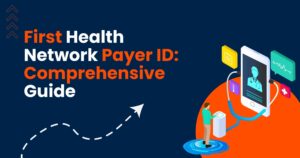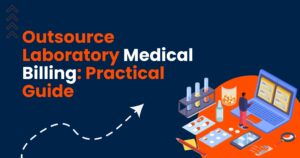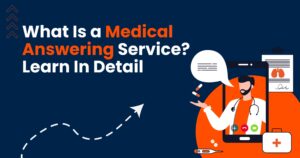In the case of proper medical billing and clinical records, the proper ICD-10 coding of lipid and cholesterol disorders is vital. These codes not only have made insurance claims to be more efficient but also make reporting and care coordination to be accurate. MDhelptek provides a guide to the ICD 10 code of dyslipidemia and high and low cholesterol level, HDL, LDL abnormalities.
What is Dyslipidemia?
Dyslipidemia is a condition of lipid disturbance in the bloodstream i.e. cholesterol and triglycerides. It can present as:
- Elevated total cholesterol
- High LDL (“bad” cholesterol)
- Low HDL (“good” cholesterol)
- High triglycerides
Proper coding of ICD-10 aids the medical practitioners to capture these variations accurately to plan their treatment and reimbursements.
ICD 10 Code for Dyslipidemia
The first ICD 10 code used is E78.5 – Hyperlipidemia, unspecified.
This code is employed in case of the lipid disorder being manifested but the type of the disorder (hypercholesterolemia, mixed hyperlipidemia, etc.) is not specified in the clinical records.
Example Use Case:
A patient is manifested by the lack of a specific diagnosis and deviated results of lipid profiles – E78.5 is used in this case.
ICD 10 Code for Low HDL
HDL, also referred to as good cholesterol, is referred to as high-density lipoprotein as it is associated with eliminating surplus cholesterol in the blood. Reduced HDL cholesterol may lead to heart diseases.
- ICD 10 Code low HDL: E78.6 Lipoprotein deficiency.
One of the conditions under which this code can be applied is the presence of lab results, which show a substantial decrease in HDL cholesterol.
ICD 10 Code for Elevated LDL
LDL or low-density lipoprotein is commonly referred to as bad cholesterol as excessive LDL quantities can cause the accumulation of the arterial plaques.
- ICD10 elevated LDL Pure hypercholesterolemia E78.0.
The code is applied in the event of a specific high LDL cholesterol.
ICD 10 Code of Lipid and Cholesterol Disorders.
The table of common lipid-related ICD-10 codes is provided at a glance in the list below:
| Condition | ICD-10 Code | Description |
| Dyslipidemia | E78.5 | Hyperlipidemia, unspecified |
| Low HDL cholesterol | E78.6 | Lipoprotein deficiency |
| Elevated LDL cholesterol | E78.0 | Pure hypercholesterolemia |
| Mixed hyperlipidemia | E78.2 | Combined elevations of cholesterol and triglycerides |
| Elevated lipids | E78.9 | Disorder of lipoprotein metabolism, unspecified |
| Hypercholesterolemia | E78.00–E78.01 | Familial or unspecified hypercholesterolemia |
These codes restrict the correct identification of lipid defects in the clinical records and insurance claims.
ICD 10 Code for Elevated Lipids
In the case where the test results of the patient show a high level of cholesterol or triglycerides, though none of the types is recorded, the ICD 10 elevated lipids code is E78.9 Disorder of lipoprotein metabolism, unspecified.
This needs to be broad code which captures nonspecific or general lipid hikes.
Why Accurate ICD-10 Coding Matters
Wrong or imprecise coding may slow down payments and affect medical records data quality. Incidentally, medical professionals will facilitate the improved management of the patients and claim compliance by coding the appropriate dyslipidemia ICD.
MDhelptek also offers specialist medical billing and coding, with each diagnosis such as an elevated cholesterol (ICD 10) to hypercholesterolemia (ICD 10) being correctly recorded.
Collaborate with MDhelptek in Accurate Medical Coding.
We assist healthcare providers to remain productive and non-compliant at MDhelptek. Our team specializes in:
- Medical Billing Services and Coding.
- Revenue Cycle Management (RCM)
- ICD-10 & CPT Coding Audits
- Denial Management and Submission of claims.
MDhelptek will help eliminate claims errors, strengthen the cash flow and keep track of the patient records.
Final Thoughts
This will assist clinicians and billers in creating smooth workflows and good reimbursement since they have understood the appropriate ICD 10 code to be used when dealing with dyslipidemia, HDL and LDL disorders. MDhelptek collaborates with other companies to streamline the coding process, as well as to maximize your revenue cycle.





